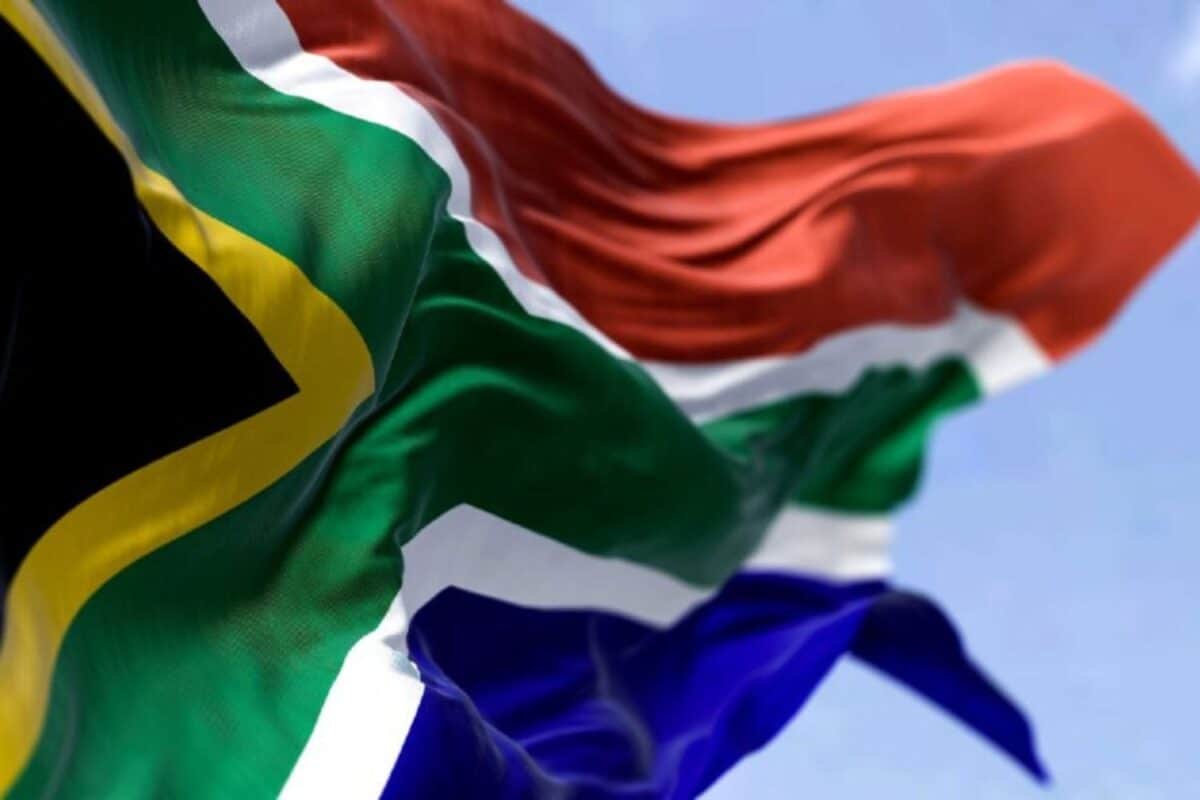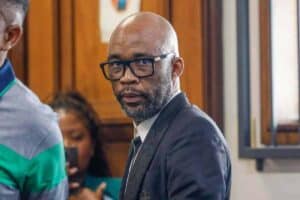The ANC speaks of renewal, but is it too late?

One of the great founding beliefs of our democracy is that “at least the justice system is sound”. It isn’t.
This week, President Cyril Ramaphosa roused himself to outline how the next national director of public prosecutions (NDPP) to replace the ineffectual Shamila Batohi will be chosen.
It’s a disaster, a political travesty. And, most astonishingly, from the organised legal profession, there has not been a murmur of protest.
State organs under threat
The 2018 process included the Presidency’s lapdog, the Human Rights Council (SAHRC).
To his credit, in an admirable attempt by Ramaphosa to signal a break with the blatantly political NDPP appointments of the past, he also included, for the first time, the General Council of the Bar (GCB), the Law Society (LSSA) and the auditor-general (AG) in the selection process.
This time around, the AG, one of our few scrupulously independent public servants remaining, has been retained, but the GCB and LSSA have been dropped.
Reverend Chris Nissen, the ANC apparatchik deployed as chair of the SAHRC, has been joined by the ANC-sympathetic chair of the Public Service Commission (PSC), Somadoda Fikeni, and advocate Nthabiseng Sepanya-Mogale, the chair of the Commission for Gender Equality (CGE).
Sepanya-Mogale is a particularly bizarre choice. Never mind that neither the CGE nor the PSC has any law-enforcement mandate – the good advocate’s appointment was declared invalid by the Constitutional Court in August, which found parliament failed to ensure adequate public participation when selecting five CGE commissioners, including the chair.
In other words, the Presidency is asking someone whose own appointment has been struck down for a defective public process to help oversee another sensitive public process Finally, while the Presidency promises an “open and transparent” process, there’s no firm commitment to the gruelling public interviews that had South Africans riveted to their television screens in 2018.
The shortlist also shrinks from five names to three, tightening presidential control. The net effect is less independence, less professional breadth and more partisan ANC gate-keeping. Last year, the Centre for Development and Enterprise, a well-regarded Johannesburg-based think-tank, produced a damning analysis of Ba tohi’s leadership of the NPA.
The NPA failed to prosecute a significant number of the major cases of corruption long identified in the forensic reports into the Passenger Rail Authority, Transnet and Eskom, and by the Zondo Commission.
It is true that the NPA’s major problems – political interference, inadequate budgets, internal sabotage, and poor staff competency – all preceded Batohi. However, Batohi’s leadership failed to force a reckoning with these impediments.
The NDPP selection takes place at a critical juncture. Public confidence in the judicial process has deteriorated further with the Madlanga Commission of Inquiry in the criminal justice system.
The overall picture is consistent and bleak. Not only is the justice system in trouble, but the situation is being aggravated by a president whose actions will almost certainly make the situation worse.
The gulf between 2018’s inclusive approach to Batohi’s appointment and today’s ethically compromised scramble to find her successor is telling. It shows how far Ramaphosa has shifted in seven years. Either the reformer was always a mirage, or he is now disillusioned and beyond caring.
NOW READ: Rot in police spread after 2007 ANC Polokwane conference, claims Mkhwanazi
Support Local Journalism
Add The Citizen as a Preferred Source on Google and follow us on Google News to see more of our trusted reporting in Google News and Top Stories.








